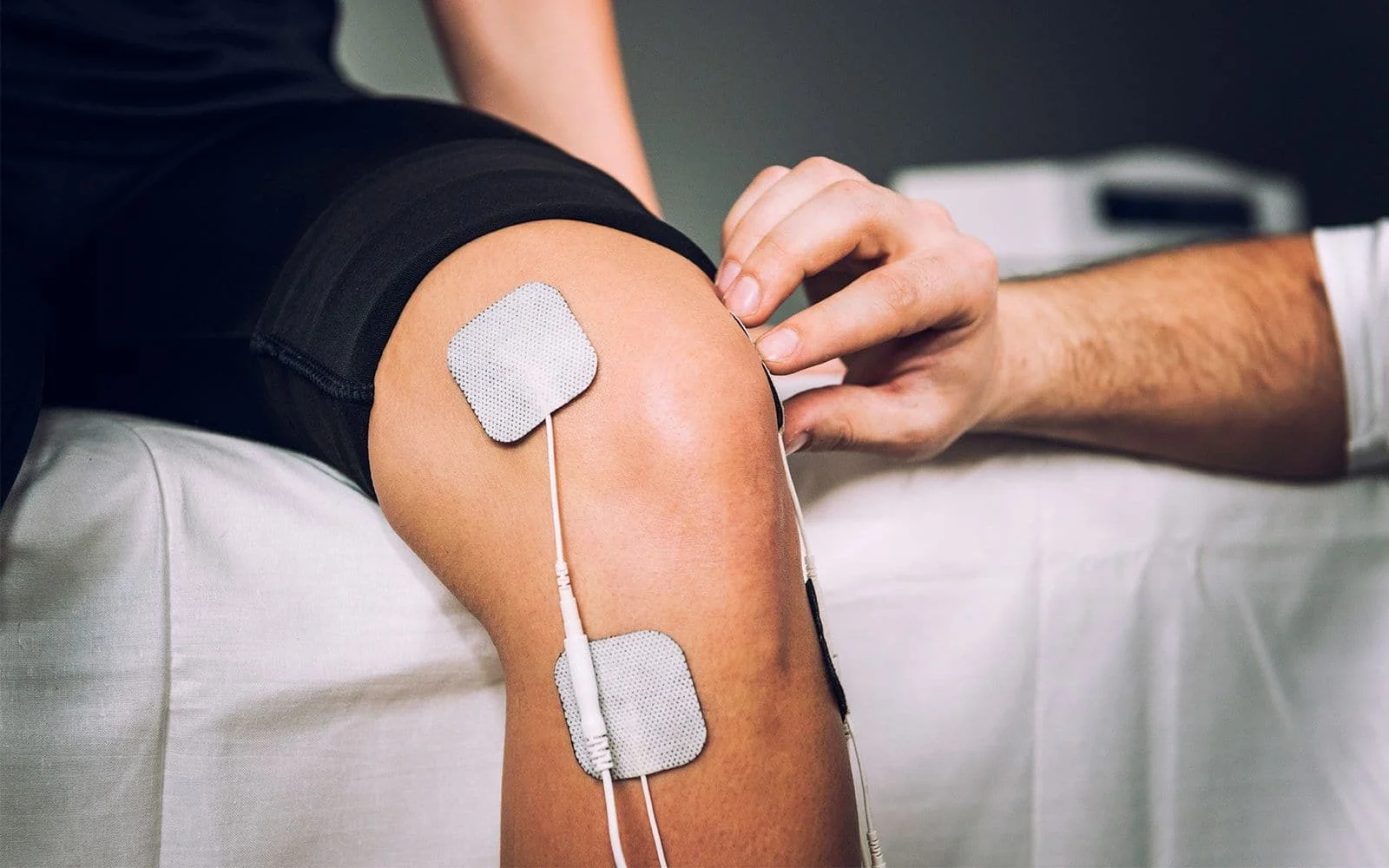The relationship you have with yourself and the journey to self-understanding is an important part of your overall wellness.
Read moreRequest your appointment today!
Click Here
It has been documented that thoughts and emotions have a powerful influence over our physical health. There was an interesting study conducted at UCLA in the early 1990s where 14 professional actors were recruited to study the effects of emotion on the immune system. During the study, the actors were told which mood state they would be experiencing.
They then read the appropriate scenario, which was about 100 words long, and were told to create and experience a realistic mood by developing the scene and verbally and behaviorally acting it out while seated. Actors were encouraged to use their own personal memories to intensify the experience. Once the actors were in a particular emotional state, the researchers drew blood to measure any physical changes that may be associated with particular emotional states. What they found surprised everyone. Simply by shifting from one emotional state to another, the actors could stimulate or suppress their immune function. Subsequent studies have measured all kinds of physical changes that result from emotional states, such as changes in hormone levels, brain chemistry, blood sugar levels, even the ability to heal properly. In fact, the mind-body connection is so strong that an entire field of science has emerged called psychoneuroimmunology.
More and more scientific studies are published on a daily basis proving the idea that thoughts and emotions have a powerful influence over our physical health. This is one of the reasons why people are much more likely to get sick during job changes, holidays and other stressful times; or why people who are depressed have a much higher risk of developing cancer. How can emotions affect our immunity or resistance to disease? Research shows that the brain can release hormones and other chemicals that affect white blood cells and other parts of the immune system. Though the chemicals also have other functions, they are a link between our thoughts and our ability to resist diseases.For example, when people react to stresses with fear, their brains send a "danger" message to the body. Hormones are released to raise blood pressure and prepare muscles for quick action, as if to fight or flee from danger. The stress hormones also depress the disease-resistance system, and over time, can damage the brain, heart and digestive tract.Thoughts can cause physical abnormalities such as ulcers, indigestion, nervousness and high blood pressure. Thoughts can also depress the immune system, which leads to a wide variety of diseases. Whether a person experiences poor health, and how soon, depends on that person's heredity, environment, diet, and behavior.
An Australian study in the late 1970s showed that when one spouse dies, the other experiences a weakened immune system. This helps explain why grieving spouses have more diseases and a higher death rate than others of similar age. Other studies have shown that heart patients who are depressed have more heart problems than happier heart patients; depression was a better predictor of problems than physical measurements were.
Cancer is more common in people who suffer a major emotional loss, repress anger and feel helpless. Cancer patients who express their emotions rather than denying them seem to recover more often. The link between emotion and cancer is so strong that some psychological tests are better predictors of cancer than physical exams are. This does not mean that everyone who has cancer or some other disease has simply thought it upon himself. There are many factors involved in disease; even the best attitude is not going to prevent ill effects from genetic malfunctions and some chemical and biological hazards. A new study shows physical proof how one of those aspects - a strong and happy marriage - can be a boon to your health. According to the study, physical wounds take much longer to heal in marriages marred by hostility and conflict than those in which couples build a more pleasurable home life.
As our thoughts and emotions have such a powerful influence over our physical health, we must take proactive steps to regain our health through healthy thinking, relaxation, and positive affirmations. Explore this section for more on how to calm your mind and improve your health.
-
Relationship with Self
Category: Newsletter Library
-
Indoor Activities and Exercises
Category: Newsletter Library
Are you preparing for the winter months or looking for exercises to do when you can't make it to the gym? Follow these exercises to maintain a healthy fitness routine.
Read more -
Holiday Stress - Take a Deep Breath
Category: Newsletter Library
Most of us pay little attention, if any, to the daily functioning of our many physiological systems. Our hearts beat, our digestive systems digest, and our various hormones, such as those deriving from the thyroid gland, adrenal gland, and pancreas, do what they do. It's all good... until it's not.
Read more -
Proper Overindulgence Over the Holidays
Category: Newsletter Library
Proper Overindulgence Over The Holidays The term "overindulgence" is probably best assessed as a red flag, especially with respect to consistent overconsumption of high-calorie comfort food and desserts during the holiday season. An overall healthier perspective could be described as "indulgence" regarding
Read more -
The 5 Senses
Category: Newsletter Library
The 5 Senses The five senses, that is, the sense of sight, touch, hearing, taste, and smell, provide us with necessary information regarding the world around us.1 These precious capabilities enable us to navigate our environment with seemingly instantaneous feedback with reference to our actions and
Read more -
The Benefits of Sleep for Adults
Category: Newsletter Library
Obtaining sufficient restful sleep is an essential requirement for optimal human productivity. Such a practice is a key component of a healthy lifestyle, which includes a nutritious diet, regular vigorous exercise, and a positive mental attitude. How much sleep one needs varies from person to person.
Read more -
Back to School and Mental Wellness
Category: Newsletter Library
Summer is a subjectively fleeting season and school days are upon us once again. For children, this bittersweet time marks the completion of a period of relative freedom and the beginning of a new set of responsibilities. For adults, the onset of late summer and early fall signals yet another turn of
Read more -
Repetitive Motion Injuries
Category: Newsletter Library
A repetitive motion injury (or overuse injury) involves doing an action over and over again, as with a baseball pitcher throwing a baseball, a tennis player hitting a tennis ball, typing at a computer keyboard, and most notoriously, typing with your thumbs on the tiny keypad of your phone. It may be
Read more -
Left-Handers Day
Category: Newsletter Library
Left-Handers Day Left-Handers Day, celebrated on August 15th, was launched in 1992 by the Left-Handers Club, an organization based in the United Kingdom. Since then, Left-Handers Day has become a worldwide event and social media phenomenon. Around the world, approximately one in ten persons is left-handed.
Read more -
Peak Experiences
Category: Newsletter Library
Peak Experiences The American philosopher and naturalist Henry David Thoreau roamed far and wide over the hills and mountains of his native Massachusetts and neighboring New Hampshire. In his masterwork, "Walden," Thoreau famously stated that we must "reawaken and keep ourselves awake, not by mechanical
Read more -
Dynamic Warm-ups
Category: Newsletter Library
In a common occurrence, you bend over to pick up the pencil you inadvertently dropped on the floor. Or you bend over to pick up the soap bar that has slipped through your fingers in the shower. Or you bend over to lift a bag of groceries out of your automobile trunk. These are all daily events. But on
Read more -
Summer Sports
Category: Newsletter Library
Summer Sports In the summertime, everyone's thoughts turn to the outdoors. We want to get out in the sun and have some fun. Some people do exercise outdoors, such as running, walking, and biking, all year long regardless of the weather.1 For others, summer's warmer temperatures make activity outside
Read more -
Wellness Gardens
Category: Newsletter Library
Wellness Gardens When time is spent in an office or indoors day in and day out, some can lose that connection to the outside world. And that loss of connection can lead to higher stress levels and more health ailments without even realizing it. But when that the gap between office life and outdoor life
Read more -
Smart Shoulders
Category: Newsletter Library
Our shoulder joints have the greatest range of motion of any of the musculoskeletal joints in our bodies. The shoulder joint is really two joints, the glenohumeral joint between the arm bone (humerus) and the shoulder blade (scapula) and the acromioclavicular joint between the acromion (a bony projection off the scapula) and the collarbone (clavicle). The glenohumeral joint is a ball-and-socket joint and the acromioclavicular joint is a gliding joint.
Read more -
A Book and Its Cover
Category: Newsletter Library
A book cover may not necessarily tell the whole story and may not accurately portray the nature of the contents within. Publishing companies pay high salaries to their marketing staff to create cover copy that will entice prospective buyers to make a purchase. But many times the book itself does not
Read more -
When Your Spine Is In Line
Category: Newsletter Library
Good spinal alignment means good biomechanical health. Essentially, your spine is the biomechanical center of your body. Your legs are connected to your spine via two large and strong pelvic bones. Your arms are connected to your spine via your shoulder blades, ribs, and numerous strong muscles and ligaments.
Read more

CONTACT US TODAY
We look forward to hearing from you
Location
Find us on the map
Office Hours
Our Regular Schedule
Monday:
8:00 am-6:00 pm
Tuesday:
8:00 am-12:30 pm
Wednesday:
8:00 am-7:00 pm
Thursday:
Friday:
8:00 am-6:00 pm
Saturday:
Closed
Sunday:
Closed
